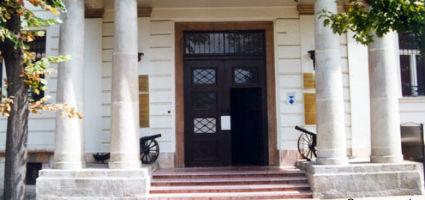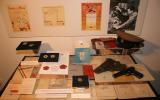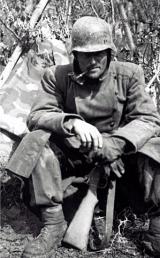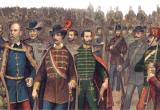2025. April 19. Saturday
HM, Museum and Institution of Military History - Budapest
 |
Address: 1014, Budapest Tóth Árpád sétány 40.
Phone number: (1) 325-1600, (1) 325-1601
E-mail: him@militaria.hu
Opening hours: 01.04-31.09.: Tue-Sun 10-18
01.10-31.03.: Tue-Sun 10-16 |


